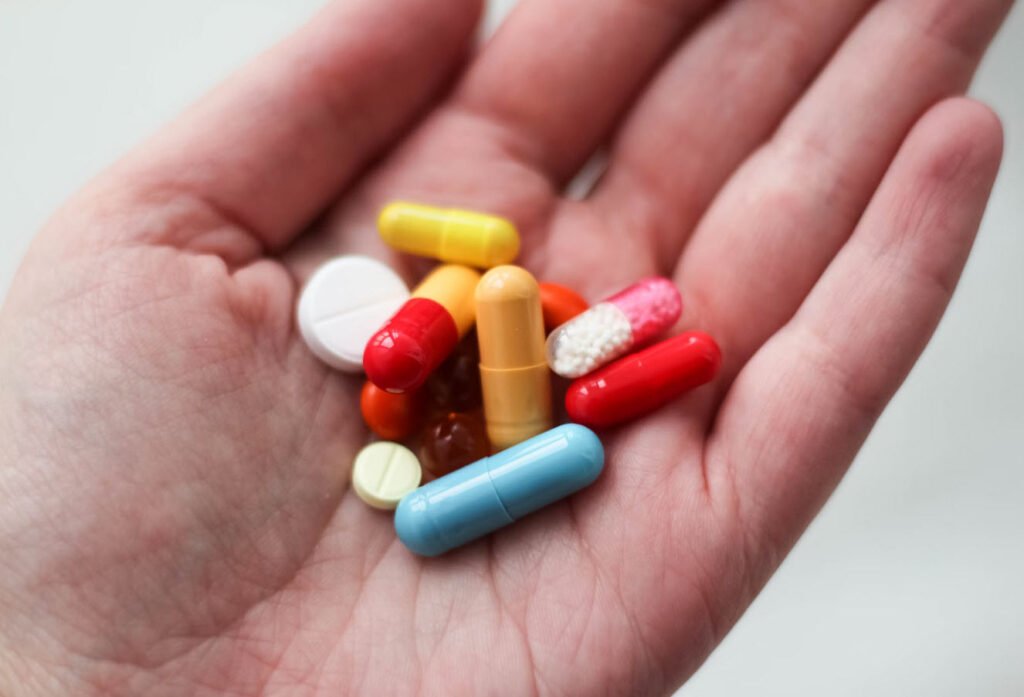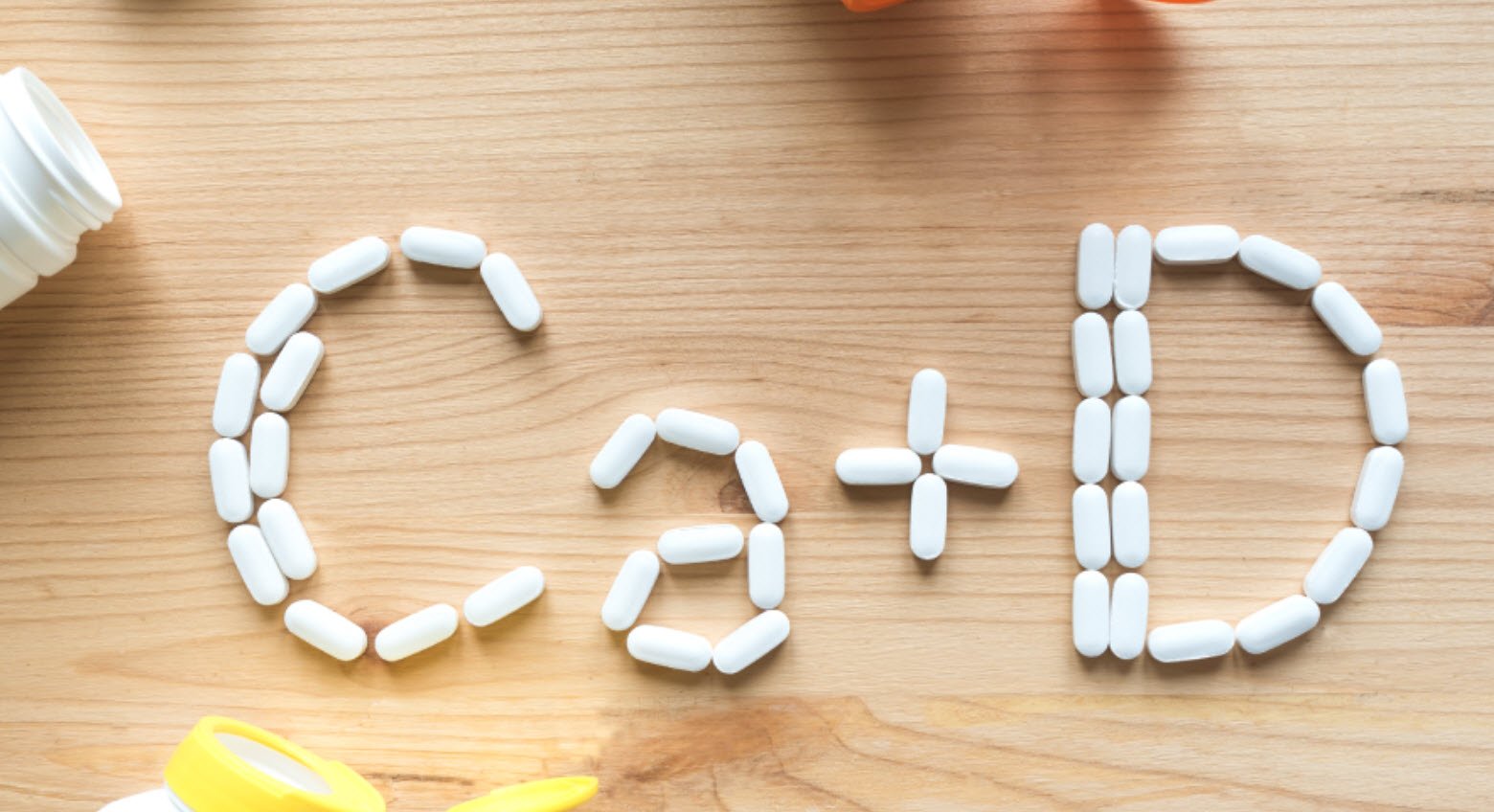
As the saying goes, “Prevention is better than cure,” and being prepared for minor health issues is a prudent approach to maintaining well-being. One way to ensure that you’re equipped for common health concerns is by keeping a stock of essential medicines at home.
Here’s a list of 10 must-have medications and their uses to help you be prepared for everyday health needs:
- Paracetamol (Acetaminophen)
- Antacid
- Antihistamine
- Nasal Decongestants
- Antitussive Lozenges
- Antiseptic Ointment
- Antifungal Medications
- Anti-Sickness Medications
- Topical Ointments for Burns
- Aspirin (Salicylic Acid)
1. Paracetamol (Acetaminophen)
Paracetamol, also known as acetaminophen, is a versatile over-the-counter (OTC) medication that is primarily used for reducing fever and alleviating minor aches and pains. It’s a staple for managing common discomforts.
2. Antacid
Antacids are essential for countering the effects of excess stomach acid. They are effective in addressing heartburn, bloating, and stomach pain, making them valuable for digestive comfort.
3. Antihistamine
Antihistamines, such as Avil and Cetzine, are go-to medications for managing symptoms caused by allergic reactions. These include sneezing, itching, and runny nose. It’s important to note that some antihistamines can induce mild drowsiness.
4. Nasal Decongestants
Nasal congestion often accompanies colds and sinusitis, causing discomfort and difficulty in breathing. Over-the-counter nasal decongestants help relieve stuffy or congested noses, allowing easier breathing.
5. Antitussive Lozenges
Coughs and colds frequently lead to a sore or itchy throat. While antibiotics can address underlying infections, antitussive lozenges provide relief from throat discomfort, making them a valuable addition to your medicine cabinet.
6. Antiseptic Ointment
Antiseptic ointments or solutions, like Dettol and Savlon, play a critical role in preventing minor cuts, scrapes, or wounds from becoming infected. They help thwart bacteria and other microorganisms, promoting healing and preventing further complications.
7. Antifungal Medications
For fungal infections affecting the skin, hair, or nails, antifungal medications are indispensable. These include conditions like ringworm, athlete’s foot, candidiasis, and vaginal thrush. Antifungal medications work by eliminating fungal cells or impeding their growth.
8. Anti-Sickness Medications
Anti-sickness medications like domperidone and meclizine hydrochloride are valuable for preventing and treating nausea and vomiting. They function by blocking the action of histamine, which can trigger feelings of nausea.
9. Topical Ointments for Burns
In the event of minor, first-degree burns affecting the outermost layer of skin, topical ointments containing ingredients like silver nitrate, amorphous hydrogel, silver sulfadiazine, or aminacrine HCl are beneficial. These medications possess antimicrobial properties that facilitate healing and prevent further infection.
10. Aspirin (Salicylic Acid)
Aspirin, also known as salicylic acid, is a well-known OTC medication for relieving aches, pains, and inflammation. Additionally, it is sometimes used to address fever and cold symptoms. Notably, aspirin’s anti-blood-clotting properties make it a crucial emergency treatment for conditions like heart attacks and strokes.
Maintaining a well-stocked medicine cabinet with these essential medications can help you address common health concerns promptly and efficiently. However, it is crucial to use these medications as directed on the packaging or as advised by a healthcare professional. In cases of serious or persistent health issues, it is always advisable to seek medical guidance for the most appropriate treatment.
You may also like:- Can You Take Calcium and Vitamin D Supplements Together? Read Here
- Taking Control Of Your Hormonal Health: What To Expect From An HRT Clinic
- Strategies for Making Physical Activities Accessible for Children with Special Needs
- ICMR’s Advisory on Tea and Coffee Consumption
- 10 Healthy Tips for World Health Day 2024
- Headache Danger Signals – A Comprehensive Guide
- Commonly Used Drug Dosages for Pain
- Key Responsibilities and Duties of a Doctor
- Personalized Support For Every Family: The Specialized Training Of Lactation Consultants
- Why Does A Person Sleepwalk At Night?








